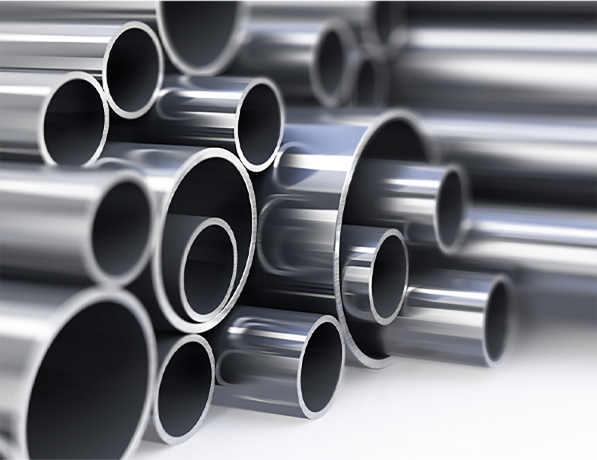
The Importance of Small Mechanical Parts in Engineering and Industry
In the ever-evolving landscape of engineering and manufacturing, small mechanical parts play an unsung yet crucial role. These components, which often go unnoticed, significantly contribute to the functionality, efficiency, and reliability of a wide range of machines and devices. From household appliances to sophisticated industrial equipment, small mechanical parts are integral to ensuring optimal performance. Understanding their importance can enlighten us about the complexities of modern engineering.
Small mechanical parts encompass a variety of elements, including screws, bolts, bearings, gears, and springs. Each serves a specific purpose, and their dimensions may be as small as a few millimeters. Despite their size, these components can have a substantial impact on the overall functionality of a product. For instance, the quality of bearings can determine how smoothly a machine operates. High-quality bearings reduce friction and wear, leading to improved efficiency and longevity of machines.
One of the industries that heavily rely on small mechanical parts is the automotive industry. Vehicles are composed of thousands of components, many of which are small mechanical parts. For example, the intricate workings of an engine involve various small parts that help control timing, fuel injection, and exhaust management. The performance and safety of a vehicle hinge on the durability and precision of these tiny components. A failure in one small part can lead to significant safety issues or impede the vehicle's overall performance.
Moreover, the aerospace industry also depends on small mechanical parts. In aircraft, precision and reliability are non-negotiable. Components such as bolts and fasteners must withstand extreme conditions, including high stress and temperature variations. The slightest malfunction can result in catastrophic consequences. Thus, rigorous testing and quality control measures are essential to ensure these small parts meet the strict standards set by regulatory bodies. The development of materials like titanium and advanced polymers has further enhanced the strength and durability of these components, allowing for lighter and more fuel-efficient aircraft.

In the realm of electronics, small mechanical parts are vital as well. Devices such as smartphones, laptops, and other consumer electronics use numerous tiny components to function efficiently. Connectors, switches, and micro-screws ensure that these devices operate seamlessly. As technology continues to trend towards miniaturization, the demand for precision-engineered small mechanical parts has skyrocketed. Manufacturers are increasingly leveraging advanced manufacturing techniques, such as CNC machining and additive manufacturing, to create complex designs that meet the growing needs of the electronics market.
The manufacturing process of small mechanical parts involves meticulous attention to detail. Precision machining, stamping, and molding are common methods used to produce these components, ensuring they meet tight tolerances. With advancements in technology, manufacturers can now produce parts with a level of accuracy that was once unimaginable. This not only improves the performance of the end products but also reduces waste and costs.
Additionally, the growing focus on sustainability has prompted engineers and manufacturers to innovate in the design and production of small mechanical parts. Eco-friendly materials and processes are becoming more prevalent, allowing for a diminished environmental impact while maintaining quality and performance. The shift towards sustainable manufacturing practices reflects a broader trend in the industry, emphasizing the importance of responsible resource use.
In conclusion, small mechanical parts are the backbone of countless devices and systems across various industries. Their importance cannot be overstated, as they contribute to the efficiency, safety, and reliability of products we often take for granted. As technology advances and industries evolve, the demand for high-quality small mechanical parts will only increase. Emphasizing precision engineering and sustainable manufacturing practices will ensure that these components continue to support innovation and progress in engineering and manufacturing for years to come. As we navigate the future, it is essential to appreciate and recognize the vital role these seemingly insignificant parts play in shaping our technological landscape.